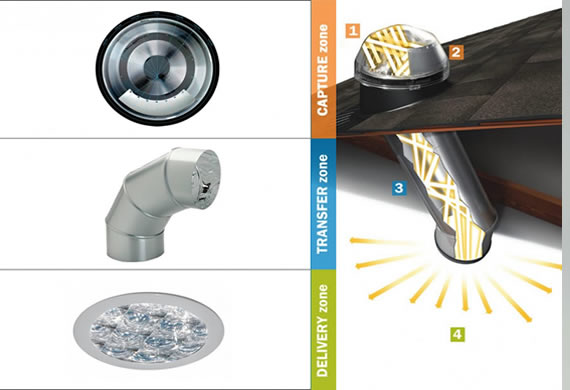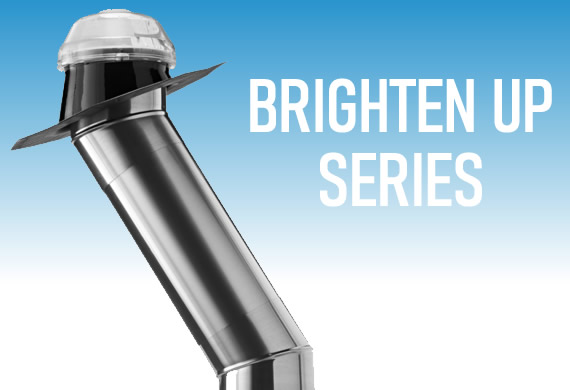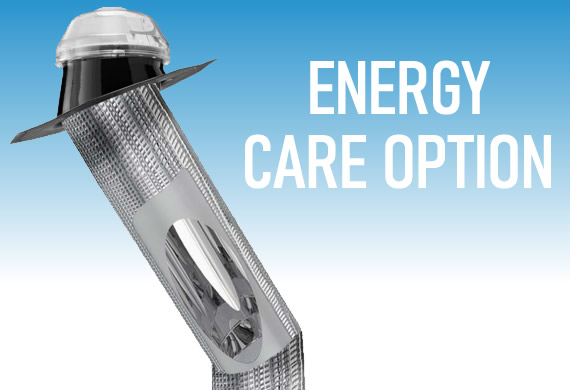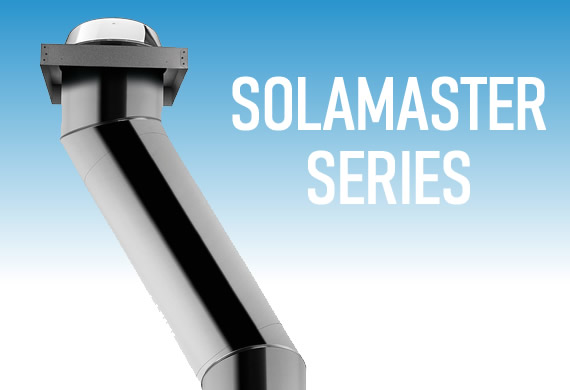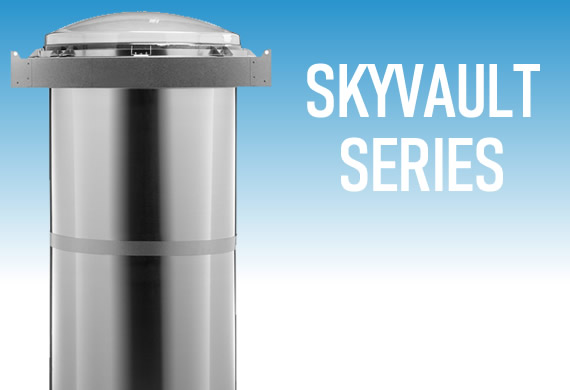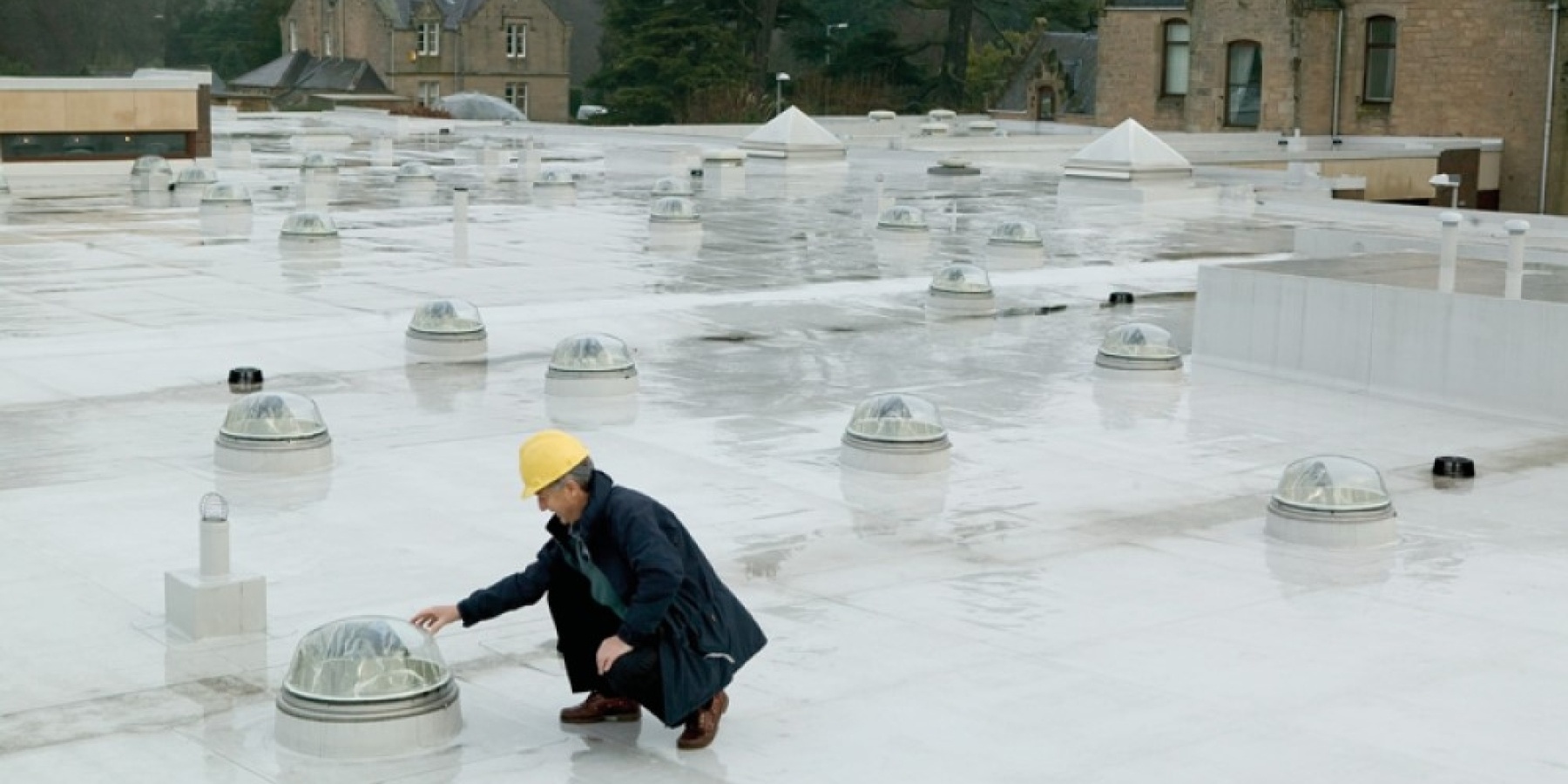
Solatube effect on COP27
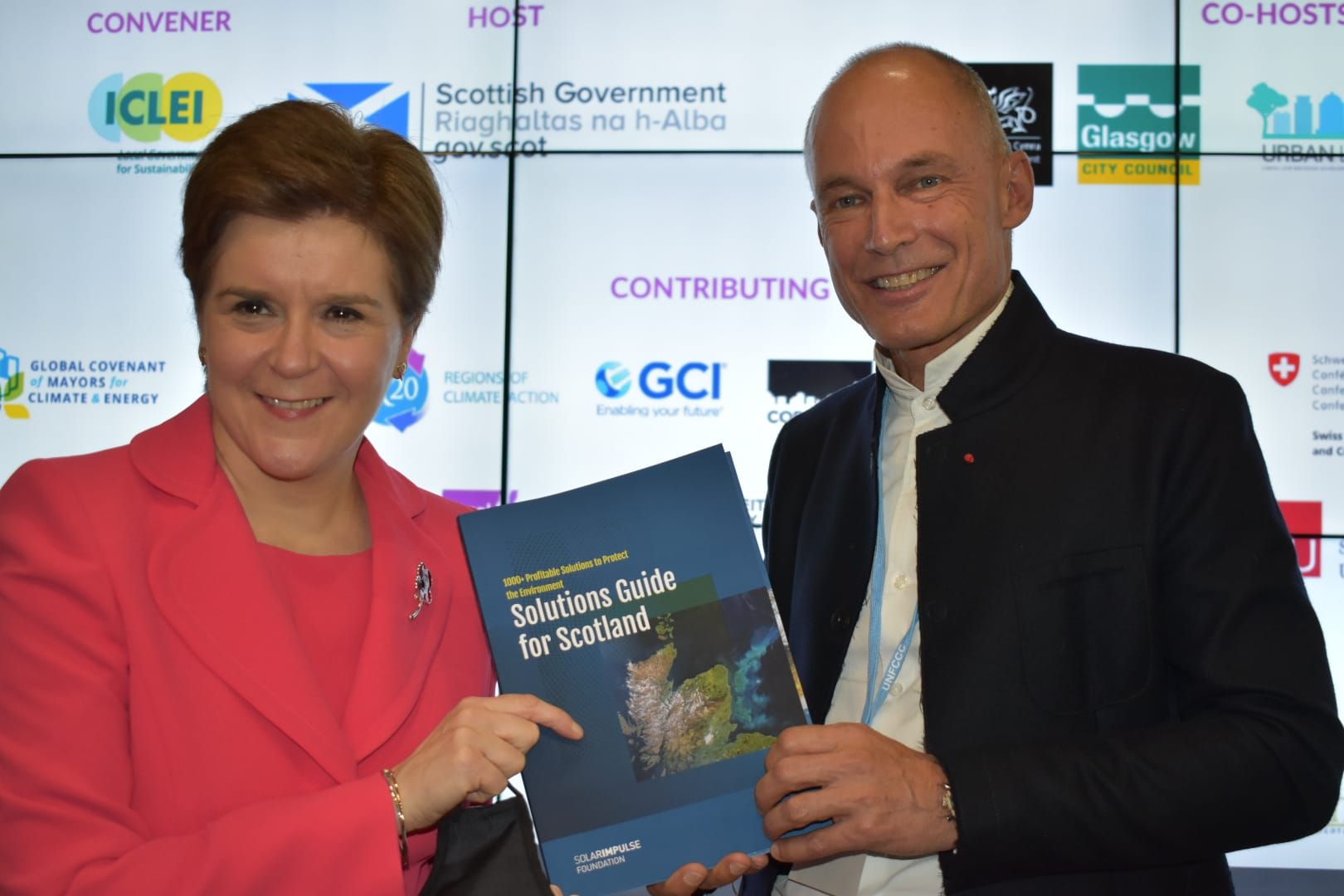
Whilst the world heads gather for the COP27 UN Climate Change Conference, what has really been achieved since COP26?
The Solar Impulse Foundation presented a list of ‘1000+ efficient and profitable solutions to protect the environment’ and this included products such as Solatube which could be implemented straight away.
Lighting still accounts for a lot of energy use
Solatube tubular skylights allow you to turn off lights that you use during the day, by piping daylight in to dark rooms and areas in almost any type of building. Just consider the following stats:
- Lighting makes up 11% of the average UK household electricity consumption.
- Lighting accounts for 15% of global electricity consumption and 5% of worldwide greenhouse gas emissions.
- Lighting in cities alone accounts for 19% of the world's total electricity consumption.
- A typical school will use almost 50% of its total electricity consumption on lighting; mainly used during the hours of daylight.
This means that being able to turn the lights OFF reduces our demand on electricity from the grid, which can then be diverted to other uses. We are one year on from COP26, and with COP27 happening as we speak and it’s high time some support and recognition was given for turning the lights off, rather than just generating more energy so that people feel OK about leaving the lights on!
Use less energy
Supporting technologies that generate renewable energy is vitally important for an ever growing global population. However, we should also be actively ENCOURAGING technology that allows us to use NO energy.
Practically every business, school, hospital, library etc. will have the lights turned on during the day, creating a massive demand on electricity from the grid. Even if only a percentage of these can be turned off during the day it will result in significant reductions in electricity demands on the grid.
The same applies in the home where millions of lights are left switched on during the day to illuminate dark rooms, stair wells or other areas, particularly as increasing numbers of people are continuing to work from home.
Solatube tubular skylights allow lights to be turned off during the day

Installing a Solatube tubular skylight is a simple way of lighting up dark rooms and interiors whilst also turning off the lights, particularly when installed with intelligent lighting management systems. These automatically turn down or turn off the lights as it gets brighter during the day, and automatically turn the electric lights up gradually as it becomes darker.
Solatube tubular skylight are so simple and so effective at actually REDUCING our demands on electricity, yet this technology is receiving no support or encouragement. Where new ideas for generating MORE energy receive grants, loans and tax breaks, the idea of using NO energy, or at least REDUCING energy demand, gets nothing.
I suspect most of us will be looking at ways to save on our energy bills over the coming months as we are exhorted to insulate our homes, put on a jumper and turn off unnecessary lights. Yet we don’t need to live in the dark to achieve this.
So why are there tax breaks and grants for complicated technologies for creating MORE renewable energy, but nothing for simple solutions that allow you to use NO energy?
Throughout the whole of Scotland, Solatube Scotland is the recognised distributor and installer of Solatube tubular skylights, or light pipes.
If you are interested in bringing natural light into your home, why not contact us at info@solatubescotland.co.uk ; 07778 283 427 to find out whether a Solatube sun pipe can help you. Typically, a fully installed system might cost anywhere between £900 – £1,200; that’s supplied, professionally installed and includes the VAT.
We service these postal codes and surrounding areas: AB,DD, DG, EH, FK, G, HS, IV, KA, KW, KY, ML, PA, PH, TD, ZE
We service all towns and cities in Scotland, including the surrounding areas: Aberdeen, Ayr, Aviemore, Cumbernauld, Dumfries, Dundee, Dunbar, Edinburgh, Elgin, Eyemouth, Falkirk, Fort William, Galashiels, Glasgow, Greenock, Inverness, Irvine, Kilmarnock, Kirkcaldy, Lanark, Livingston, Moffat, North Berwick, Oban, Paisley, Peebles, Perth, Peterhead, Selkirk, St. Andrews, Stirling

